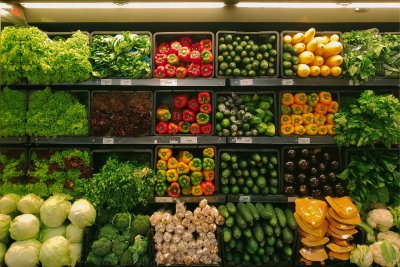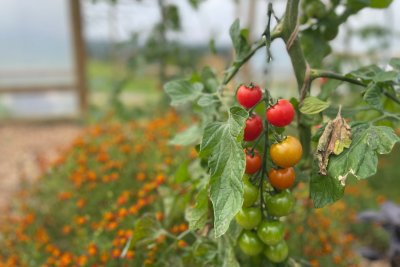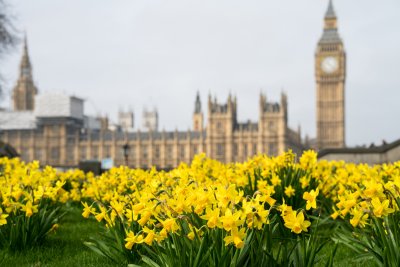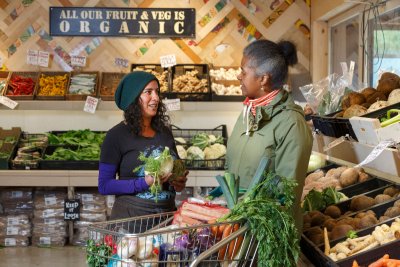Three steps to help retailers tackle waste and carbon emissions
A new report by WRAP uncovers potentially huge savings of food waste, plastic, and carbon dioxide emissions, if retailers commit to three simple recommendations.

A report published last month by the Waste and Resources Action Programme (WRAP) outlines three recommendations for industry that could have a dramatic effect on food waste, plastic, and carbon emissions in the supply chain – just by focusing on five fruits and vegetables.
Recent findings from the Intergovernmental Panel on Climate Change (IPCC) paint a worrying picture about the state of the climate. There’s a clear message that we must act, and act fast. So, any opportunity to cut waste and reduce emissions is crucial.
WRAP’s three calls to action for retailers are to:
- Sell fruit and vegetables loose, unless it can be shown that plastic packaging reduces overall food waste;
- Remove date labels from uncut fresh produce, unless it can be shown that a best before date reduces overall food waste;
- Provide best practice guidance on food storage (i.e. refrigerate below 5°C at home).
WRAP's research suggests that selling all fresh, uncut produce loose, and removing best before date labels from five key items (apples, bananas, broccoli, cucumber and potatoes) would:
- Reduce UK household food waste by 100,000 tonnes each year;
- Reduce plastic waste by 10,300 tonnes each year;
- And therefore save 130,000 tonnes of carbon dioxide emissions each year.
By going a step further and always selling loose certain produce that is sometimes sold in plastic packaging, the amount of plastic saved would more than double to 21,500 tonnes.
Christian Reynolds, Senior Lecturer at the Centre for Food Policy and global expert on food loss and waste, says: “Packaging and food waste are complex and linked issues that have major climate impacts. WRAP has done extensive research that highlights the benefits of packaging for some foods via extended shelf life and food safety. However, this new research and advice shows that not everything needs to be packaged. Selling loose fruit and vegetables, removing unnecessary use-by and best before dates, and storing food correctly reduces food waste. Specifically, it reduces food waste for high cost, high carbon, and highly packaged foods, meaning this change is good for citizens and the planet too!”
Two thirds of people in the UK think that plastic waste as an important issue, so there is strong public support behind these recommendations.
Published Monday 7 March 2022
Veg Cities: We need your help to get your city or local area growing, cooking, selling and saving more vegetables.





